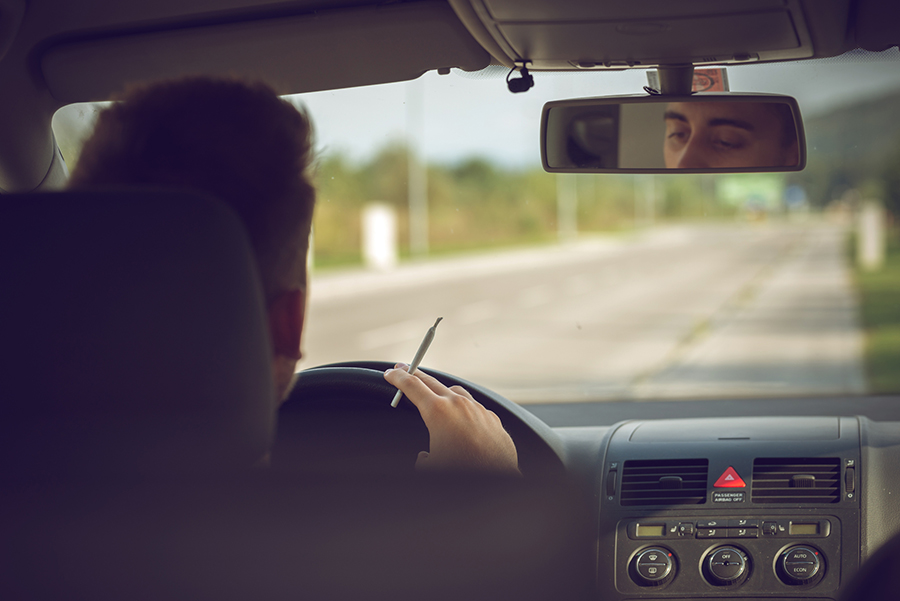
Cannabis, also known as marijuana or pot, is a plant used as a psychoactive drug or medicine. Most countries have outlawed cannabis, including the US where cannabis is a Schedule 1 substance. However, many states have legalized recreational cannabis over the last few years, beginning with Colorado and now expanded to Washington, Oregon, and Alaska, Maine, Massachusetts, Nevada and California.
The good news: Legalization is for adults at least 21 years of age.
The 2015 Healthy Kids Colorado Survey found that 62% of Colorado middle and high school students had never used marijuana. In 2013, the survey found 19.7% of teenagers had used marijuana in the past month. The 2015 version states 21.2% of teens had used in the past month, which is a small increase. Experts attribute this to enforcement of age restrictions, as well as a theory that teens have basically decided whether or not they’ll try cannabis regardless of legalization. Since the chances of a minor attaining recreational cannabis in a dispensary are incredibly slim, teens know the only way they’ll get their hands on some pot is the age-old method of buying from a friend or an illegal dealer.
The bad news: Many doctors cite 25 as the age to begin using cannabis, if you’re going to try the drug. This is because research has demonstrated that early access to cannabis can have negative affects on brain development and the average brain develops up to age 25.
“We [have] come to understand that there are certain people who metabolize Dopamine, which is an important neurochemical in the brain, what we can’t do is test for it. In 10 teenagers that are sitting around and smoking pot, one of them might have the vulnerability in this area, and there is no way to know it or to predict it at this point in time,” says Dr. Kenneth Duckworth, Harvard Professor and Medical Director for the National Alliance on Mental Illness.
This means the conversation with your teen about using cannabis must extend beyond forbidding it in your own home until your child is eighteen. Our children must understand that cannabis poses a danger to their development up until age 25. By focusing on the science behind cannabis’ effects on the brain and sharing real facts with your teen, you will give them the information they need to make an informed decision beyond adolescence and into adulthood.
However, even after sharing resources with your teen, it is important to remember that developmentally, adolescents are wired to seek quick rewards. Rather than choose the option they know will benefit them in the long run, teenagers will usually choose the fast, fun reward right in front of them.
“We now understand that teens do get the risks. You know how we always lecture to them the same way over and over. Drugs are bad. Sex are bad and so forth. They understand that. They've had the classes so they do get that,” says Dr. Michael Bradley, psychologist and award-winning author, “The difference between a teenager and an adult is the teen will more value the reward over the risk, the reward of the peer adulation, the reward of having the best looking boyfriend, the reward of being cool at the drug party.”
Teenagers have a higher risk for addiction for similar reasons.
“The teen brain is going to this tremendous growth process, it is getting ready to leap into an adulthood, but is very vulnerable in the in term. So, whatever neuro addictive things hid it, it tends to get addicted to, that includes cigarettes, alcohol, marijuana,” says Dr. Bradley.
So, how can you get through to your teen and help them make good choices?
“Lecturing to them is actually a waste of time after you've told them one time. They're not stupid. They understand. They're just crazy. They'll go for the rewards. You know what the most effective strategy we have found is? Just say no,” says Dr. Bradley. “We mocked that back in the days of political slogan to tell kids don't do drugs, it's come back. For parents to say no lovingly, calmly, firmly. Parents will just say, "No, it's not okay to drink beer when you're 14. Sorry. It's not okay to have sex. Sorry." Those parents who maintain that calm presentation of saying it's not okay have kids that have much less of this risky behavior. It's not a guarantee that they won't do it. Most kids will dabble with this stuff but we find that when parents lovingly, without rage, without control over control, just tell them, "This is my value." Those kids are much more safe.”

More resources for understanding cannabis and your teen:
Signs that your child may be using marijuana - Former Police Lieutenant, Joe Laramie
When a parent suspects teen marijuana or alcohol use – Psychologist + author, Dr. Michael Bradley
When teens self medicate – Drug Prevention Speaker + Author, Jonathan Scott
Punishment for teens committing minor offenses – Criminal Defense Lawyer, Shepard Kopp



























